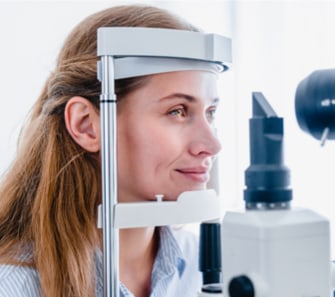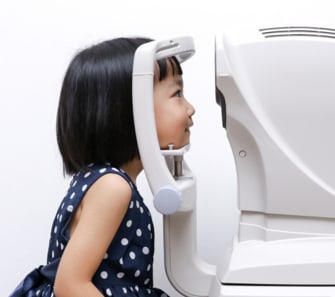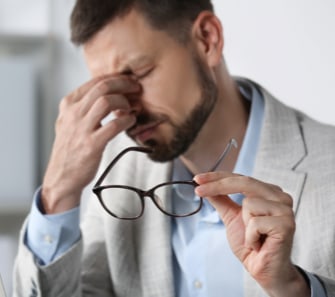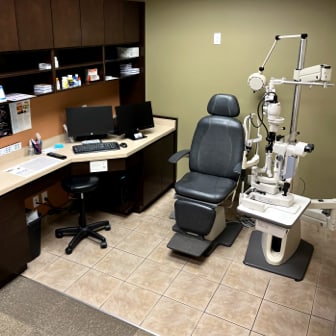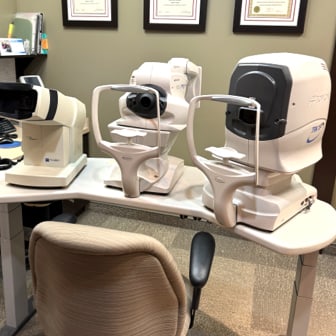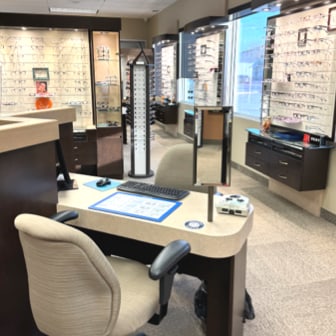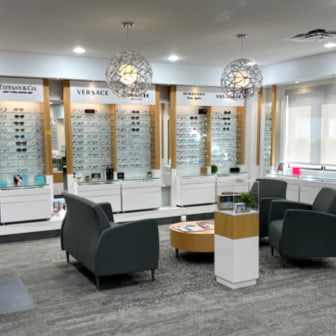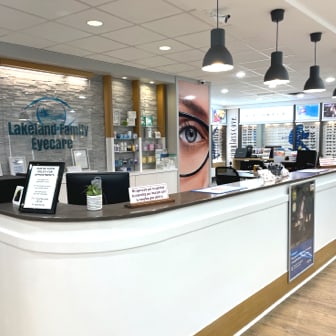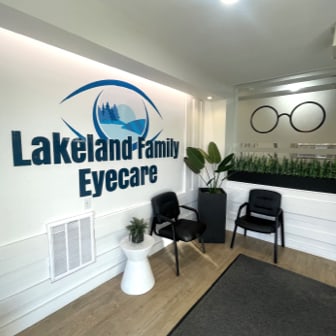Dry eye occurs when your body is unable to create tears, or is creating the wrong type of tears that end up evaporating too quickly. There are a myriad of different causes for dry eye and the severity of the condition varies amongst each patient.
Dry Eye Syndrome (Keratoconjunctivitis or KCS) is the chronic and progressive variant of dry eye. Unfortunately, it is not typically curable but it can be managed successfully in most cases. Through proper management, KCS sufferers will likely experience less symptoms and increased eye comfort.
Potential Causes of Dry Eye
- Not Enough Tears
- Certain medical conditions, such as:
- Lupus
- Diabetes
- Rheumatoid arthritis
- Certain medications, such as:
- Antihistamines
- Decongestants
- Antidepressants
- Birth control
- High blood pressure medications
- Hormone replacement therapy drugs
- Evaporating Tears
- Environmental factors:
- Wind
- Smoke
- Dry air
- Low humidity climates
- Age
- Hormonal changes
- Not blinking enough (typically during prolonged periods of concentration, like reading or watching the TV)
Dry Eye Symptoms
Dry eye typically affects both eyes and the symptoms may present as any of the following:
- Eye fatigue, lowered tolerance of reading or working on computers
- Episodes of excess tears preceded by periods of very dry eyes or burning eyes
- Feeling as if sand or grit is in the eye
- Painful, red eyes
- Stringy mucus discharge produced and noticeable around the eyes
- Stinging or burning sensation
- Episodes of blurry vision
- Contact lenses become uncomfortable to wear
Dry Eye Treatment
The treatments our Optometrist may recommend will vary depending on the cause of your dry eye, and may be a combination of the following:
- Artificial Tears – Artificial tears, and other lubricating eye drops, often used to treat mild cases of dry eye. Usually these are situations where prolonged focus is required, such as reading or computer use. Artificial tears can be purchased over the counter and come in many different forms and ingredients.
- Steroid Eye Drops – Steroid eye drops prescribed to treat the inflammation that results from certain cases of dry eye or is the cause of certain dry eye conditions. They are typically used on a short-term basis alongside the use of artificial tears.
- Restasis – These particular eye drops, prescription only, may be used in conjunction with artificial tears. Their purpose goes beyond the lubrication of your eyes. Restasis eye drops contain an agent that reduces the inflammation in your eye and promotes natural tear production.
- Punctal Plugs – If you are not producing enough tears, these tiny plugs are inserted into the tear drainage holes to prevent the tears from leaving the surface of your eye. Thus, the tears stay in contact with your eye longer.
If you are experiencing dry eye symptoms and are unsure of the cause or how to properly manage them, please book an appointment with our Optometrist.










